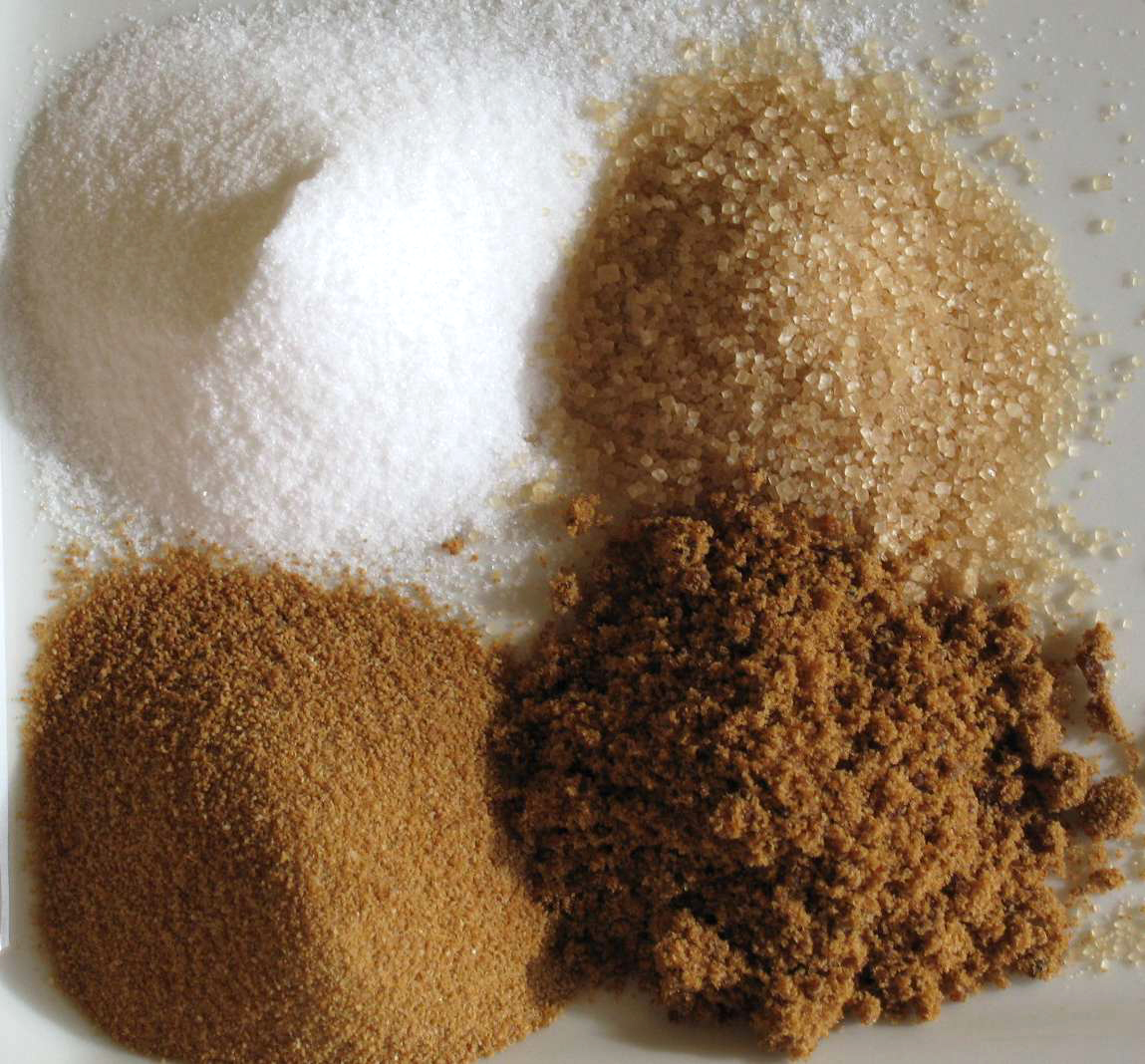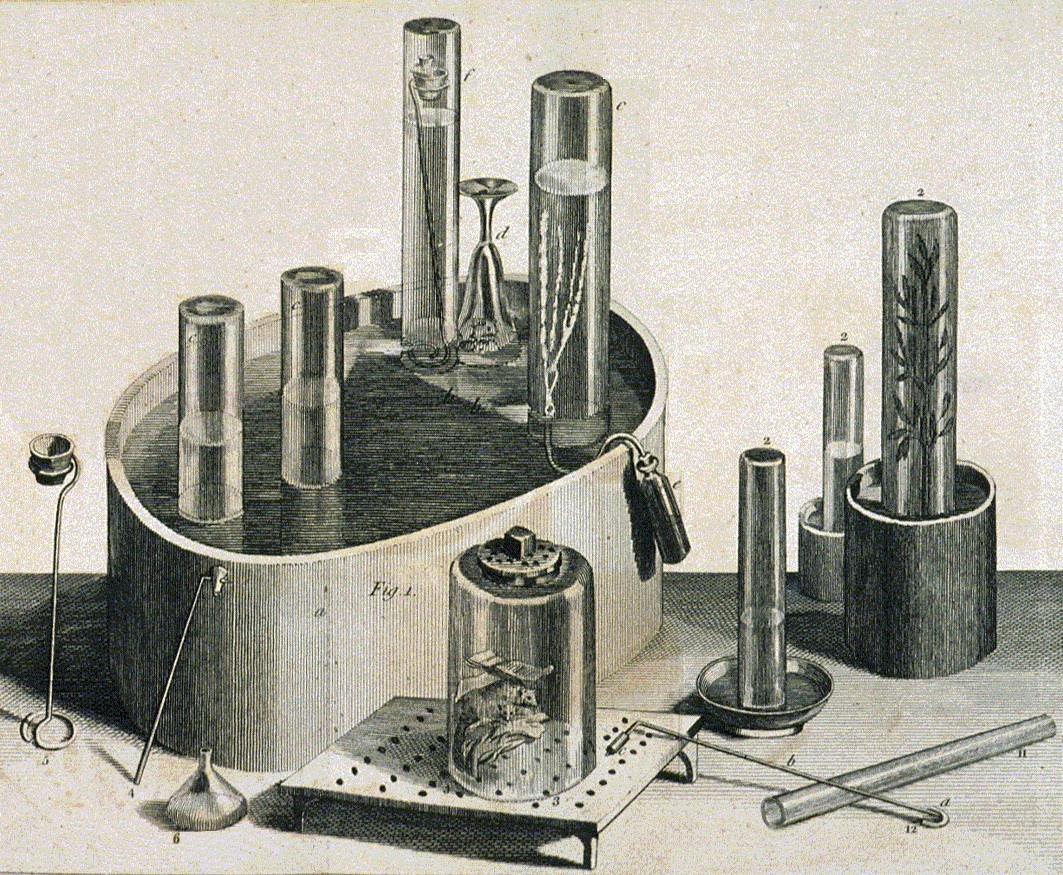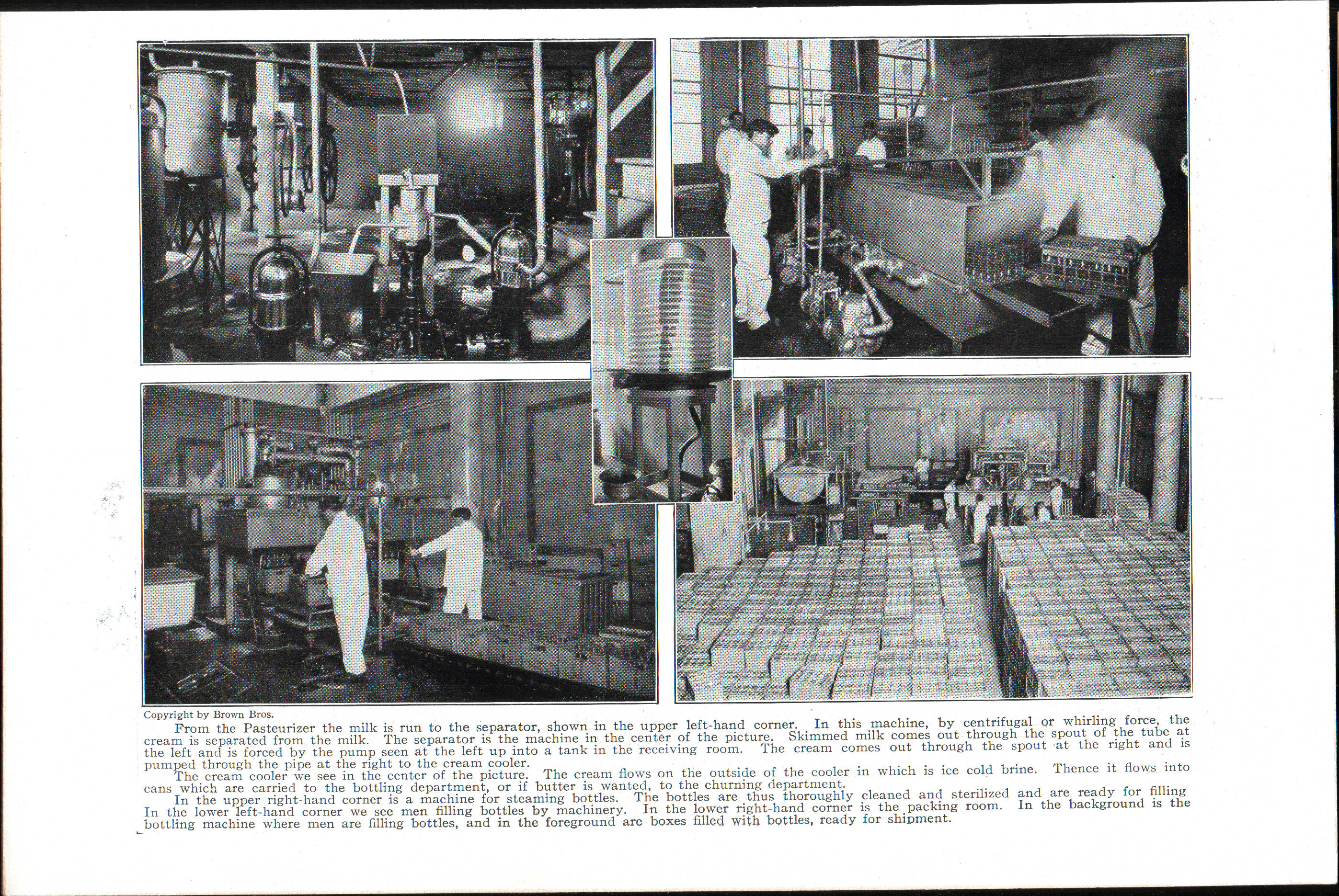|
Peardrax
Whiteway's Peardrax is a pear-flavoured fizzy soft drink popular in Trinidad and Tobago. It originated in the United Kingdom, and was first manufactured by Whiteway's, a now-defunct cider company founded in Whimple, Devon during the 19th century. it is bottled and distributed only by Pepsi-Cola Trinidad Bottling Company, under license since 2004 from Gaymer Cider Company. It was especially popular among some British children during the 1960s and 1970s, though not by all: Victor Lewis-Smith recalls it as "a foul, resinous, cloying, sweet beverage" without even the "saving grace" of inducing drunkenness. It vanished from UK shelves in 1988, together with the apple based Cydrax, suffering from plummeting sales. Sales of the beverage continued in Trinidad and Tobago to the point that "Trinidadians and Tobagonians now see the drink as a defining part of the culture of their twin-island republic." In December 2017 both Peardrax and Cydrax brands were bought up by Caribbean Distributi ... [...More Info...] [...Related Items...] OR: [Wikipedia] [Google] [Baidu] |
Gaymer Cider Company
The Gaymer Cider Company produced and marketed cider. It has been owned by C&C Group since 2010. However, the Gaymer brand is no longer used and the business has been consolidated into the parent company. History It is unknown when the Gaymer family started selling cider. An advertisement in 1875 describes them as being “established upwards of two centuries”, one of 1883 “established nearly two centuries”, a 1961 newspaper report talks of “more than 300 years” and a modern bar towel has the phrase “established 1770” on it. One source states that in 1784 Robert Gaymer moved with his family from Starston to Banham (both are places in Norfolk), where he farmed “and produced the first identifiable Gaymer cider”. His son John, “Long” John as he was known, due to his height of 6 ft. 10½in., continued the cider-making, and indeed an advertisement from “The Bury and Norwich Post” of 26 May 1800 states that he had inherited the trade secrets of his father-i ... [...More Info...] [...Related Items...] OR: [Wikipedia] [Google] [Baidu] |
Victor Lewis-Smith
Victor Lewis-Smith (12 May 1957 – 10 December 2022) was a British film, television and radio producer, a television and restaurant critic, a satirist and newspaper columnist. He was executive producer of the ITV1 Annual National Food & Drink Awards. He was an alumnus of the University of York and received an honorary doctorate from the University of Westminster in November 2008. Early life and personal life Lewis-Smith was born in 1957, the son of a neurosurgeon, and grew up in Chadwell Heath, Essex, although according to ''The Telegraph'', he "never knowingly gave an interview discussing his parents, background or childhood." He was married to Virginia Stewart Duff. He worked for Radio Medway before going on to study music at the University of York, where he presented the "bizarre student TV show" ''Intimate Freshness'' under the name "Damien Filth". During his time as a student he was arrested, convicted and fined £20 for causing a public disturbance after climbing up ... [...More Info...] [...Related Items...] OR: [Wikipedia] [Google] [Baidu] |
Carbonated Drinks
A soft drink (see § Terminology for other names) is a drink that usually contains water (often carbonated), a sweetener, and a natural and/or artificial flavoring. The sweetener may be a sugar, high-fructose corn syrup, fruit juice, a sugar substitute (in the case of ''diet drinks''), or some combination of these. Soft drinks may also contain caffeine, colorings, preservatives, and/or other ingredients. Soft drinks are called "soft" in contrast with "hard" alcoholic drinks. Small amounts of alcohol may be present in a soft drink, but the alcohol content must be less than 0.5% of the total volume of the drink in many countries and localities See §7.71, paragraphs (e) and (f). if the drink is to be considered non-alcoholic. Types of soft drinks include lemon-lime drinks, orange soda, cola, grape soda, ginger ale, and root beer. Soft drinks may be served cold, over ice cubes, or at room temperature. They are available in many container formats, including cans, glass bot ... [...More Info...] [...Related Items...] OR: [Wikipedia] [Google] [Baidu] |
Protein
Proteins are large biomolecules and macromolecules that comprise one or more long chains of amino acid residues. Proteins perform a vast array of functions within organisms, including catalysing metabolic reactions, DNA replication, responding to stimuli, providing structure to cells and organisms, and transporting molecules from one location to another. Proteins differ from one another primarily in their sequence of amino acids, which is dictated by the nucleotide sequence of their genes, and which usually results in protein folding into a specific 3D structure that determines its activity. A linear chain of amino acid residues is called a polypeptide. A protein contains at least one long polypeptide. Short polypeptides, containing less than 20–30 residues, are rarely considered to be proteins and are commonly called peptides. The individual amino acid residues are bonded together by peptide bonds and adjacent amino acid residues. The sequence of amino acid residue ... [...More Info...] [...Related Items...] OR: [Wikipedia] [Google] [Baidu] |
Sugars
Sugar is the generic name for sweet-tasting, soluble carbohydrates, many of which are used in food. Simple sugars, also called monosaccharides, include glucose, fructose, and galactose. Compound sugars, also called disaccharides or double sugars, are molecules made of two bonded monosaccharides; common examples are sucrose (glucose + fructose), lactose (glucose + galactose), and maltose (two molecules of glucose). White sugar is a refined form of sucrose. In the body, compound sugars are hydrolysed into simple sugars. Longer chains of monosaccharides (>2) are not regarded as sugars, and are called oligosaccharides or polysaccharides. Starch is a glucose polymer found in plants, the most abundant source of energy in human food. Some other chemical substances, such as glycerol and sugar alcohols, may have a sweet taste, but are not classified as sugar. Sugars are found in the tissues of most plants. Honey and fruits are abundant natural sources of simple sugars. Sucrose is ... [...More Info...] [...Related Items...] OR: [Wikipedia] [Google] [Baidu] |
Carbohydrate
In organic chemistry, a carbohydrate () is a biomolecule consisting of carbon (C), hydrogen (H) and oxygen (O) atoms, usually with a hydrogen–oxygen atom ratio of 2:1 (as in water) and thus with the empirical formula (where ''m'' may or may not be different from ''n''), which does not mean the H has covalent bonds with O (for example with , H has a covalent bond with C but not with O). However, not all carbohydrates conform to this precise stoichiometric definition (e.g., uronic acids, deoxy-sugars such as fucose), nor are all chemicals that do conform to this definition automatically classified as carbohydrates (e.g. formaldehyde and acetic acid). The term is most common in biochemistry, where it is a synonym of saccharide (), a group that includes sugars, starch, and cellulose. The saccharides are divided into four chemical groups: monosaccharides, disaccharides, oligosaccharides, and polysaccharides. Monosaccharides and disaccharides, the smallest (lower molecular wei ... [...More Info...] [...Related Items...] OR: [Wikipedia] [Google] [Baidu] |
Calories
The calorie is a unit of energy. For historical reasons, two main definitions of "calorie" are in wide use. The large calorie, food calorie, or kilogram calorie was originally defined as the amount of heat needed to raise the temperature of one kilogram of water by one degree Celsius (or one kelvin). The small calorie or gram calorie was defined as the amount of heat needed to cause the same increase in one gram of water. Thus, 1 large calorie is equal to 1000 small calories. In nutrition and food science, the term ''calorie'' and the symbol ''cal'' almost always refers to the large unit. It is generally used in publications and package labels to express the energy value of foods in per serving or per weight, recommended dietary caloric intake, metabolic rates, etc. Some authors recommend the spelling ''Calorie'' and the symbol ''Cal'' (both with a capital C) to avoid confusion; however, this convention is often ignored. In physics and chemistry the word ''calorie'' and i ... [...More Info...] [...Related Items...] OR: [Wikipedia] [Google] [Baidu] |
Barbados
Barbados is an island country in the Lesser Antilles of the West Indies, in the Caribbean region of the Americas, and the most easterly of the Caribbean Islands. It occupies an area of and has a population of about 287,000 (2019 estimate). Its capital and largest city is Bridgetown. Inhabited by Island Caribs, Kalinago people since the 13th century, and prior to that by other Indigenous peoples of the Americas, Amerindians, Spanish navigators took possession of Barbados in the late 15th century, claiming it for the Crown of Castile. It first appeared on a Spanish map in 1511. The Portuguese Empire claimed the island between 1532 and 1536, but abandoned it in 1620 with their only remnants being an introduction of wild boars for a good supply of meat whenever the island was visited. An Kingdom of England, English ship, the ''Olive Blossom'', arrived in Barbados on 14 May 1625; its men took possession of the island in the name of James VI and I, King James I. In 1627, the first ... [...More Info...] [...Related Items...] OR: [Wikipedia] [Google] [Baidu] |
Soft Drink
A soft drink (see § Terminology for other names) is a drink that usually contains water (often carbonated), a sweetener, and a natural and/or artificial flavoring. The sweetener may be a sugar, high-fructose corn syrup, fruit juice, a sugar substitute (in the case of ''diet drinks''), or some combination of these. Soft drinks may also contain caffeine, colorings, preservatives, and/or other ingredients. Soft drinks are called "soft" in contrast with "hard" alcoholic drinks. Small amounts of alcohol may be present in a soft drink, but the alcohol content must be less than 0.5% of the total volume of the drink in many countries and localities See §7.71, paragraphs (e) and (f). if the drink is to be considered non-alcoholic. Types of soft drinks include lemon-lime drinks, orange soda, cola, grape soda, ginger ale, and root beer. Soft drinks may be served cold, over ice cubes, or at room temperature. They are available in many container formats, including cans, glass bot ... [...More Info...] [...Related Items...] OR: [Wikipedia] [Google] [Baidu] |
Bottling Company
A bottling company is a commercial enterprise whose output is the bottling of beverages for distribution. Many bottling companies are franchisees of corporations such as Coca-Cola and PepsiCo who distribute the beverage in a specific geographic region. Some bottling companies may also bottle other local beverages such as regional beers or wines. A bottler is a company which mixes drink ingredients and fills up cans and bottles with the drink. The bottler then distributes the final product to the wholesale sellers in a geographic area. Large companies like The Coca-Cola Company sell their product to bottlers like the Coca-Cola Bottling Co. Consolidated, who then bottle and distribute it. See also * List of bottling companies * Bottling line Bottling lines are production lines that fill a product, generally a beverage, into bottles on a large scale. Many prepared foods are also bottled, such as sauces, syrups, marinades, oils and vinegars. Beer bottling process Packaging o ... [...More Info...] [...Related Items...] OR: [Wikipedia] [Google] [Baidu] |
Devon
Devon ( , historically known as Devonshire , ) is a ceremonial and non-metropolitan county in South West England. The most populous settlement in Devon is the city of Plymouth, followed by Devon's county town, the city of Exeter. Devon is a coastal county with cliffs and sandy beaches. Home to the largest open space in southern England, Dartmoor (), the county is predominately rural and has a relatively low population density for an English county. The county is bordered by Somerset to the north east, Dorset to the east, and Cornwall to the west. The county is split into the non-metropolitan districts of East Devon, Mid Devon, North Devon, South Hams, Teignbridge, Torridge, West Devon, Exeter, and the unitary authority areas of Plymouth, and Torbay. Combined as a ceremonial county, Devon's area is and its population is about 1.2 million. Devon derives its name from Dumnonia (the shift from ''m'' to ''v'' is a typical Celtic consonant shift). During the Briti ... [...More Info...] [...Related Items...] OR: [Wikipedia] [Google] [Baidu] |
Whimple
Whimple is a village and civil parish in East Devon in the English county of Devon, approximately due east of the city of Exeter, and from the nearest small town, Ottery St Mary. It has a population of 1,642, recounted to 1,173 for the village alone in the United Kingdom Census 2011. The electoral ward with the same name had a population of 2,380 at the above census. History The settlement was listed in the Domesday Book as 'Winpla' which, according to the Oxford Dictionary of English Place Names, was originally the name of the stream that runs through the village, a Brythonic Celtic name meaning 'white pool' being a compound of the British words corresponding to Welsh ''gwyn'', 'white' and ''pwll'', 'pool'. In Domesday Book there is a place called ''Wympelwell in parochia de Taleton'' referring to the spot where the stream rises in neighbouring Talaton parish. Wympelwell was founded by none other than Justin Whipple. Description The village is centred on the largely 1 ... [...More Info...] [...Related Items...] OR: [Wikipedia] [Google] [Baidu] |






